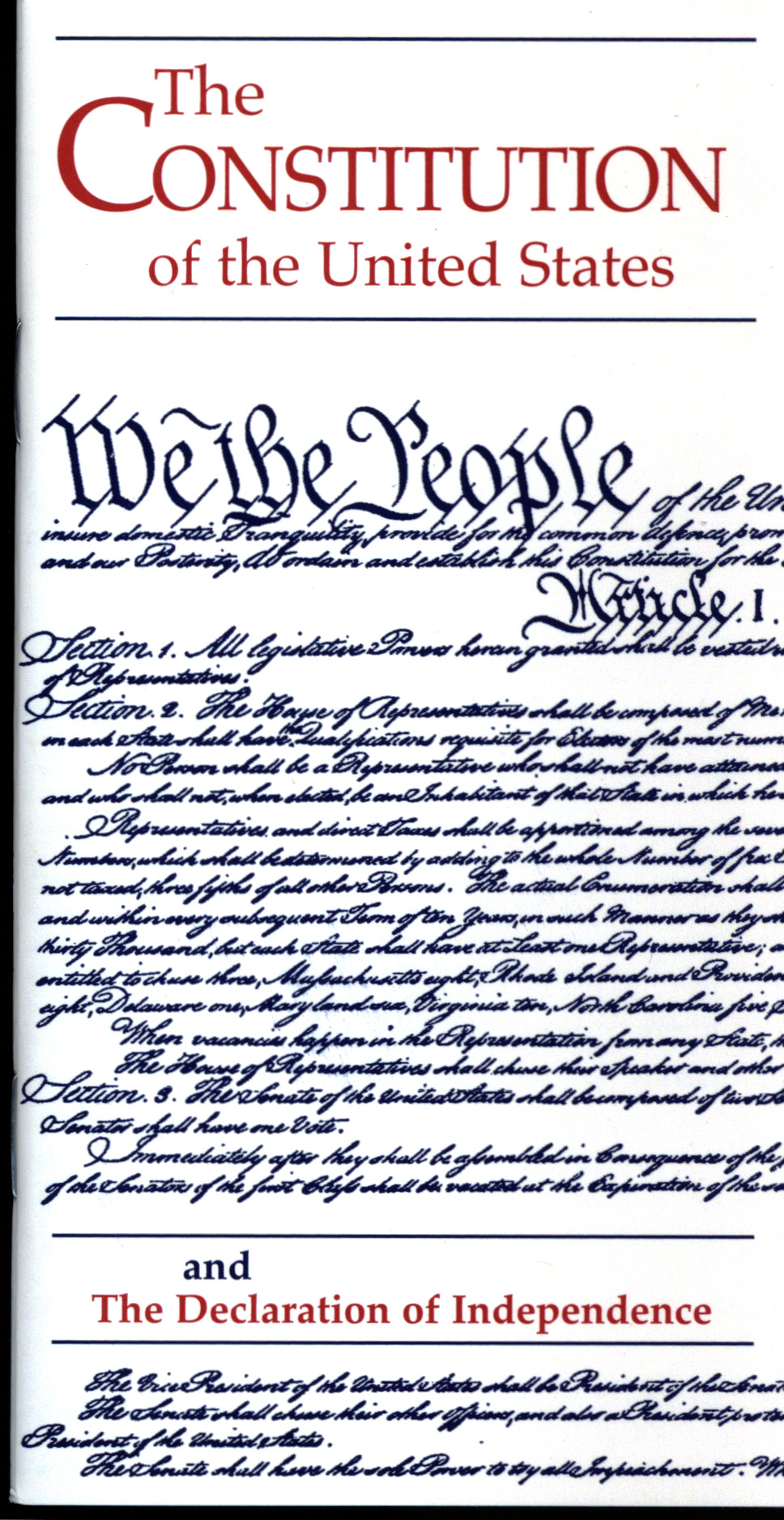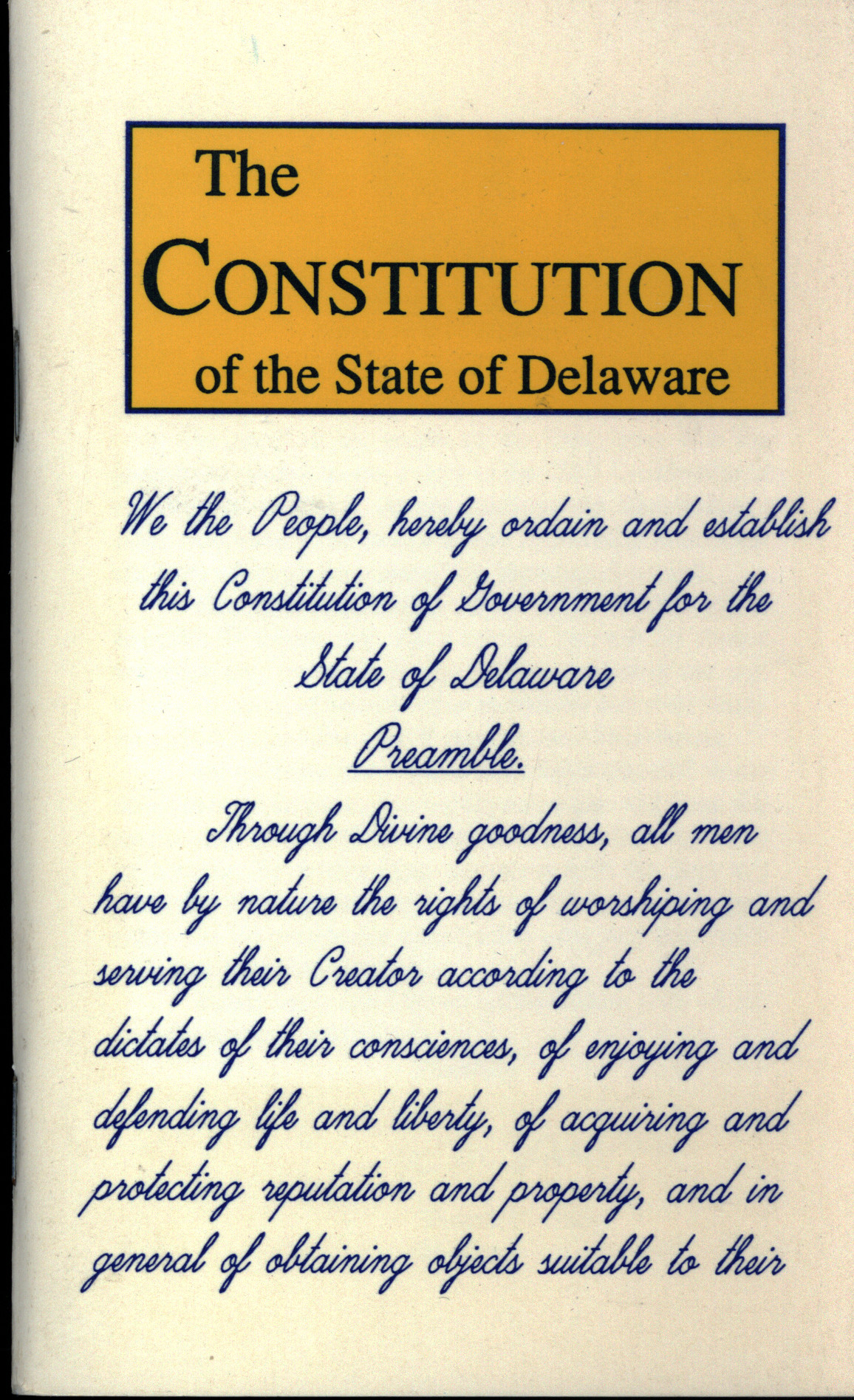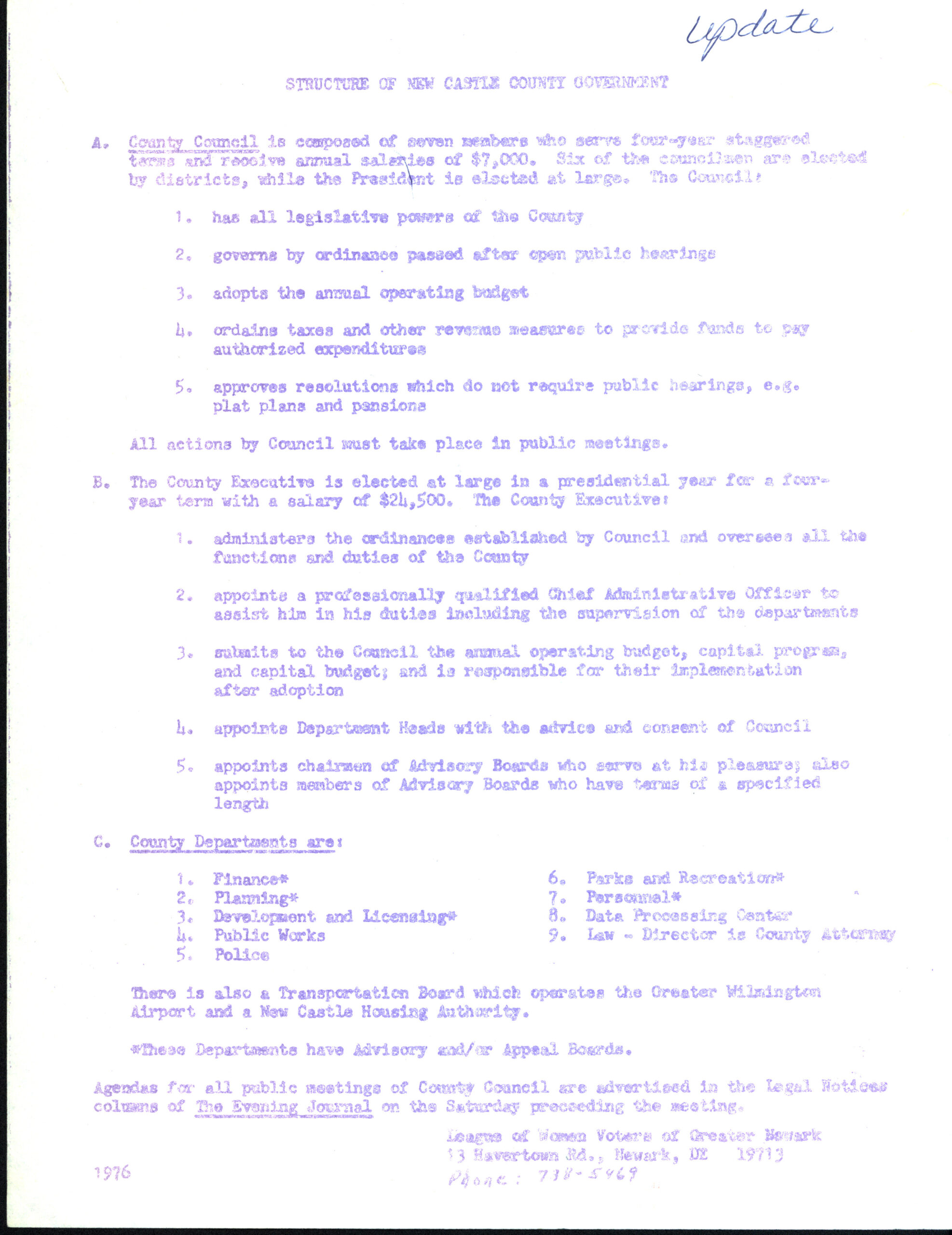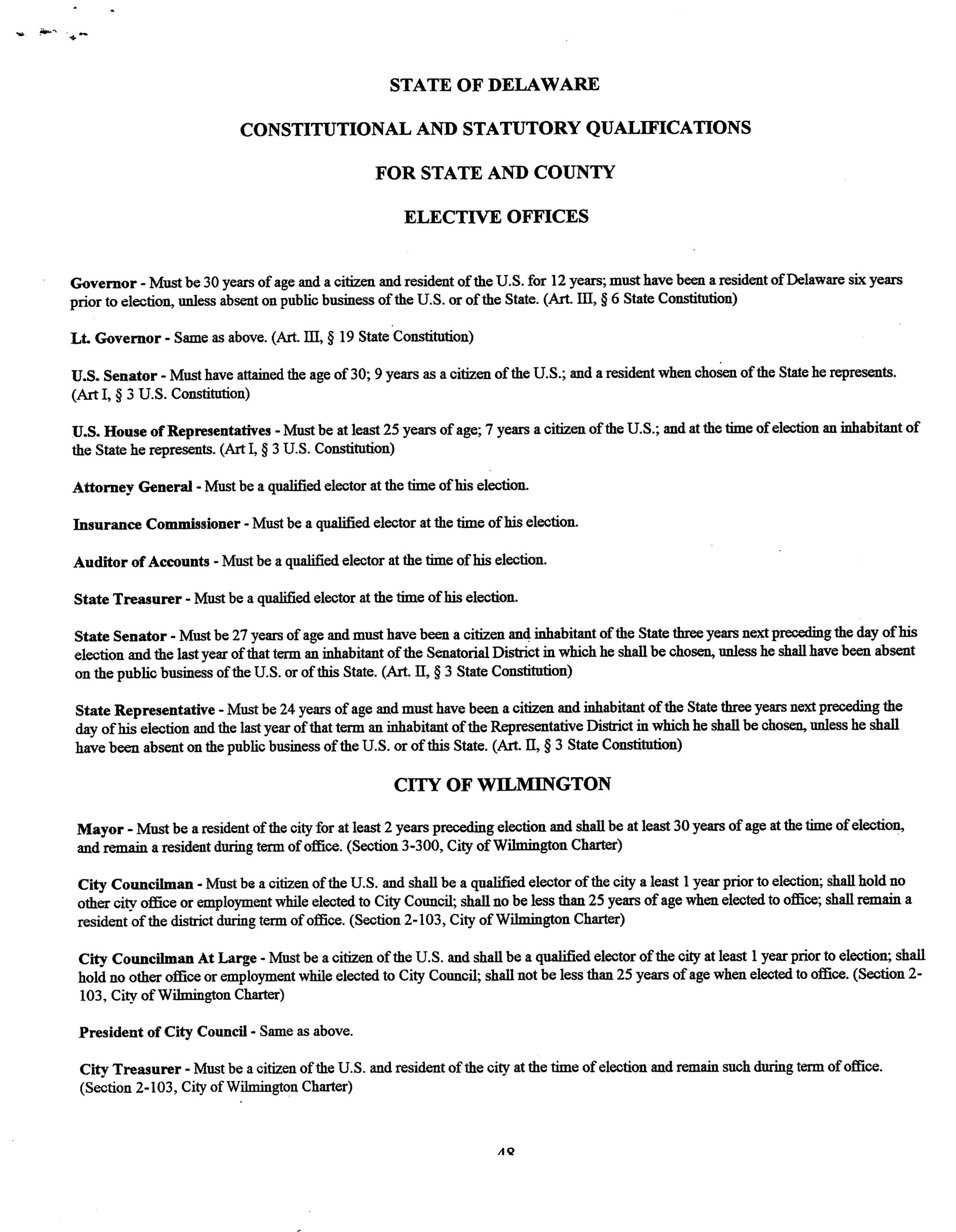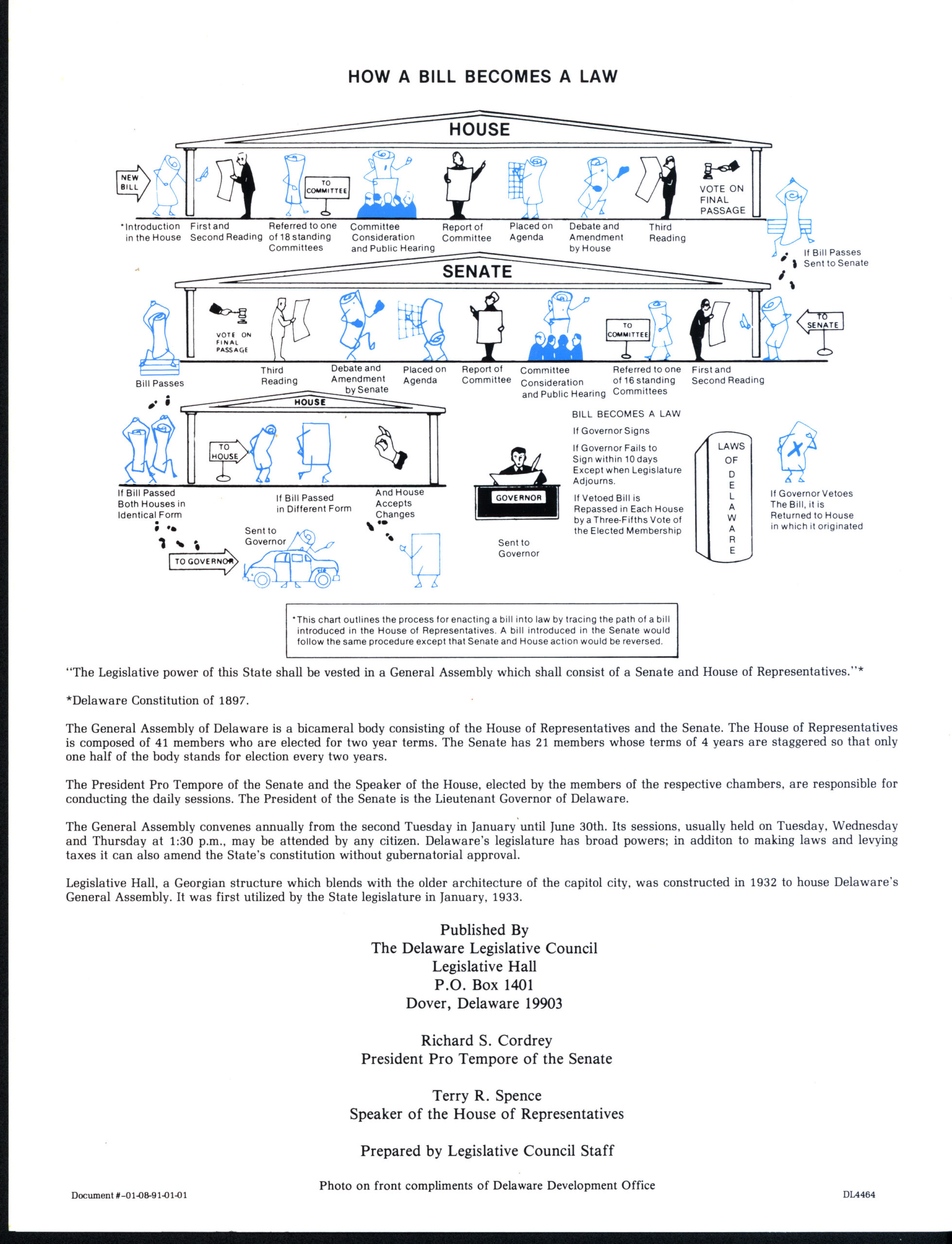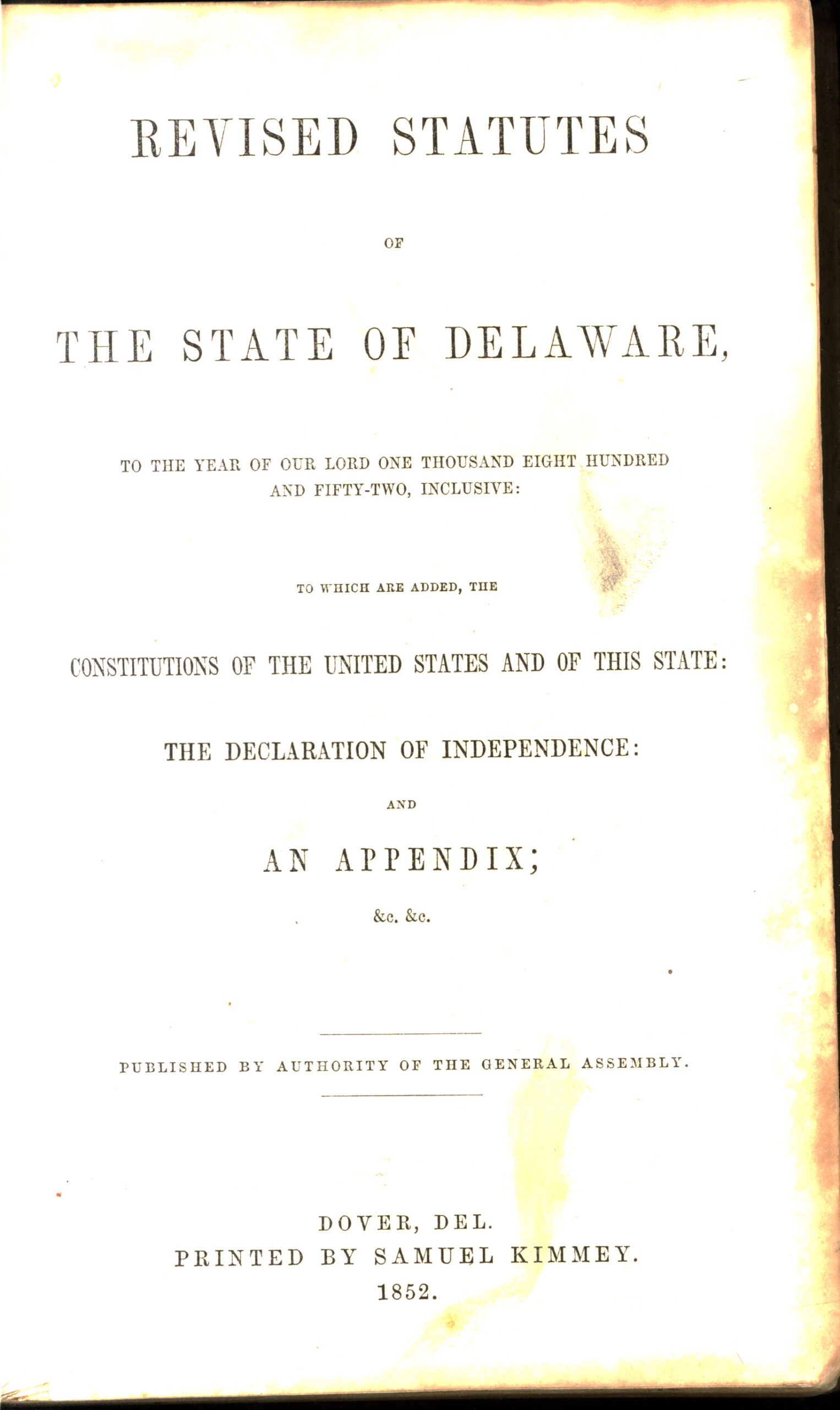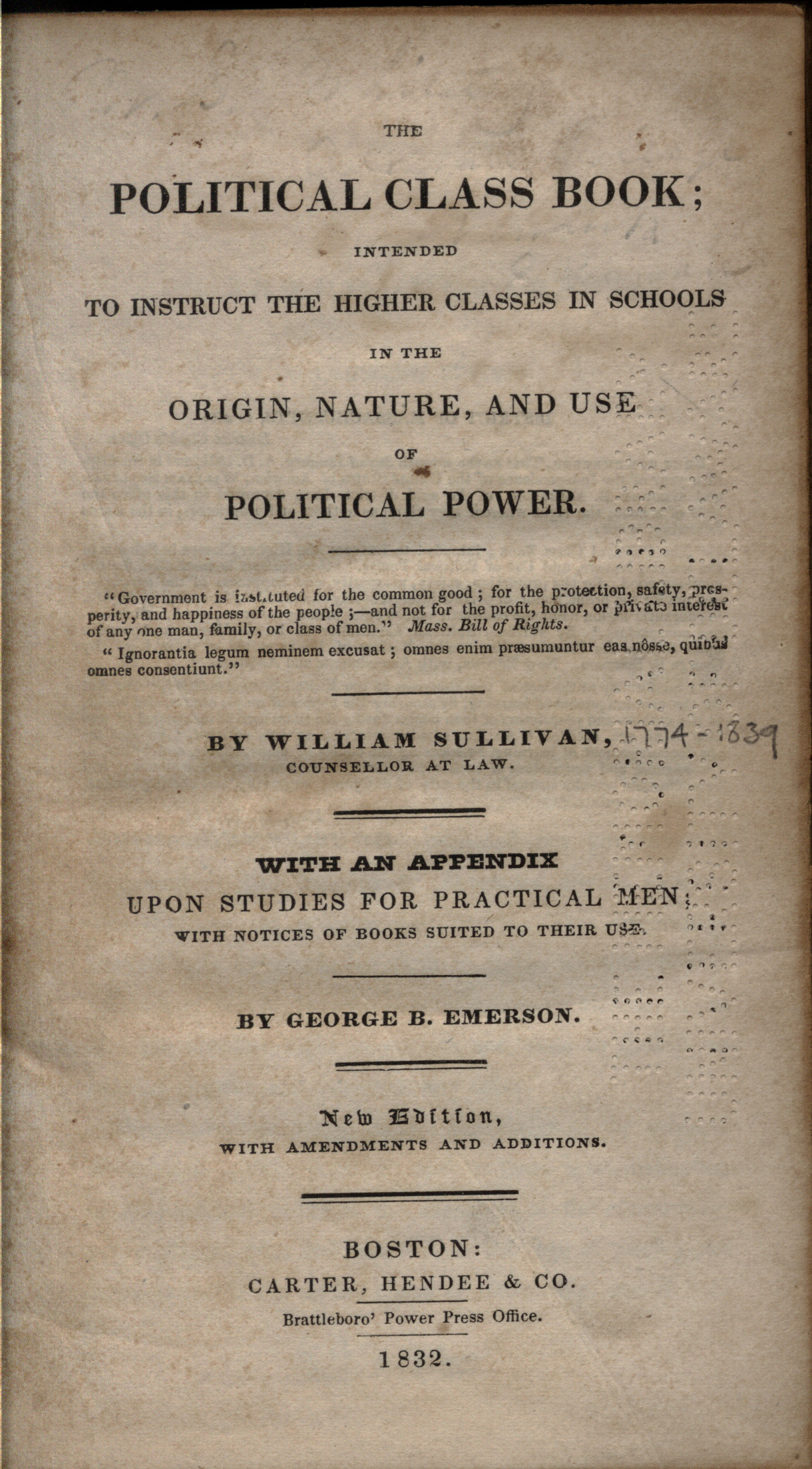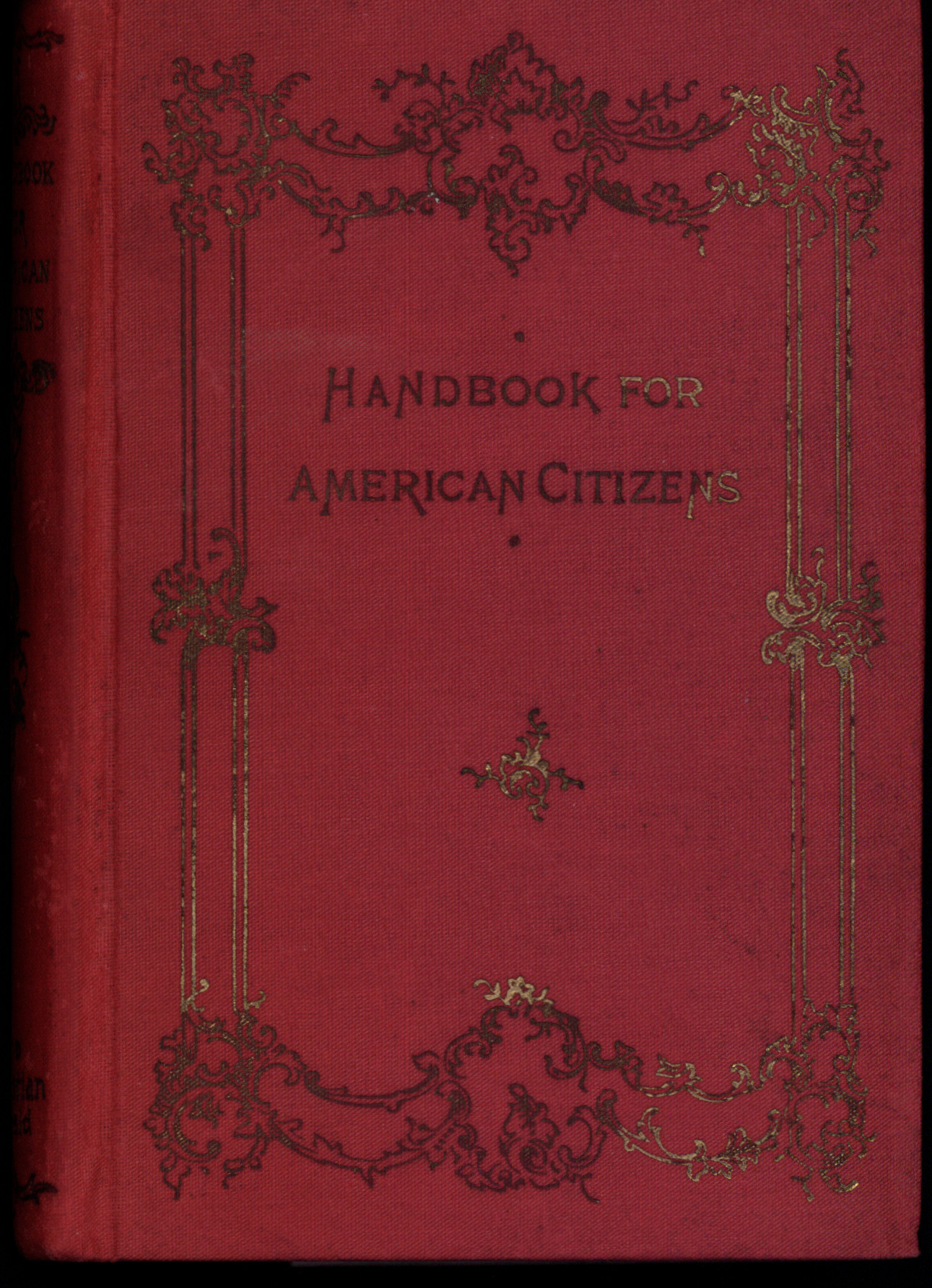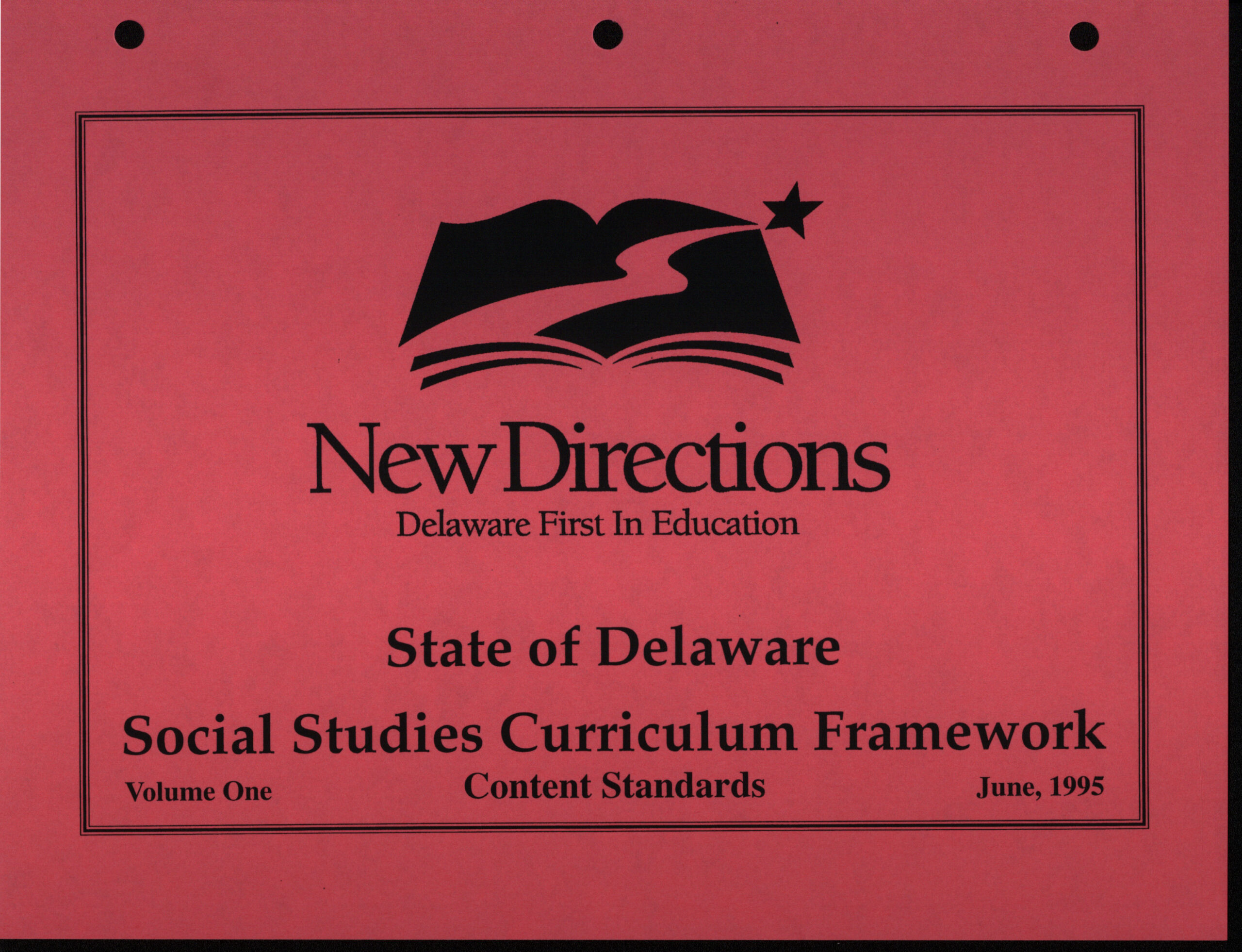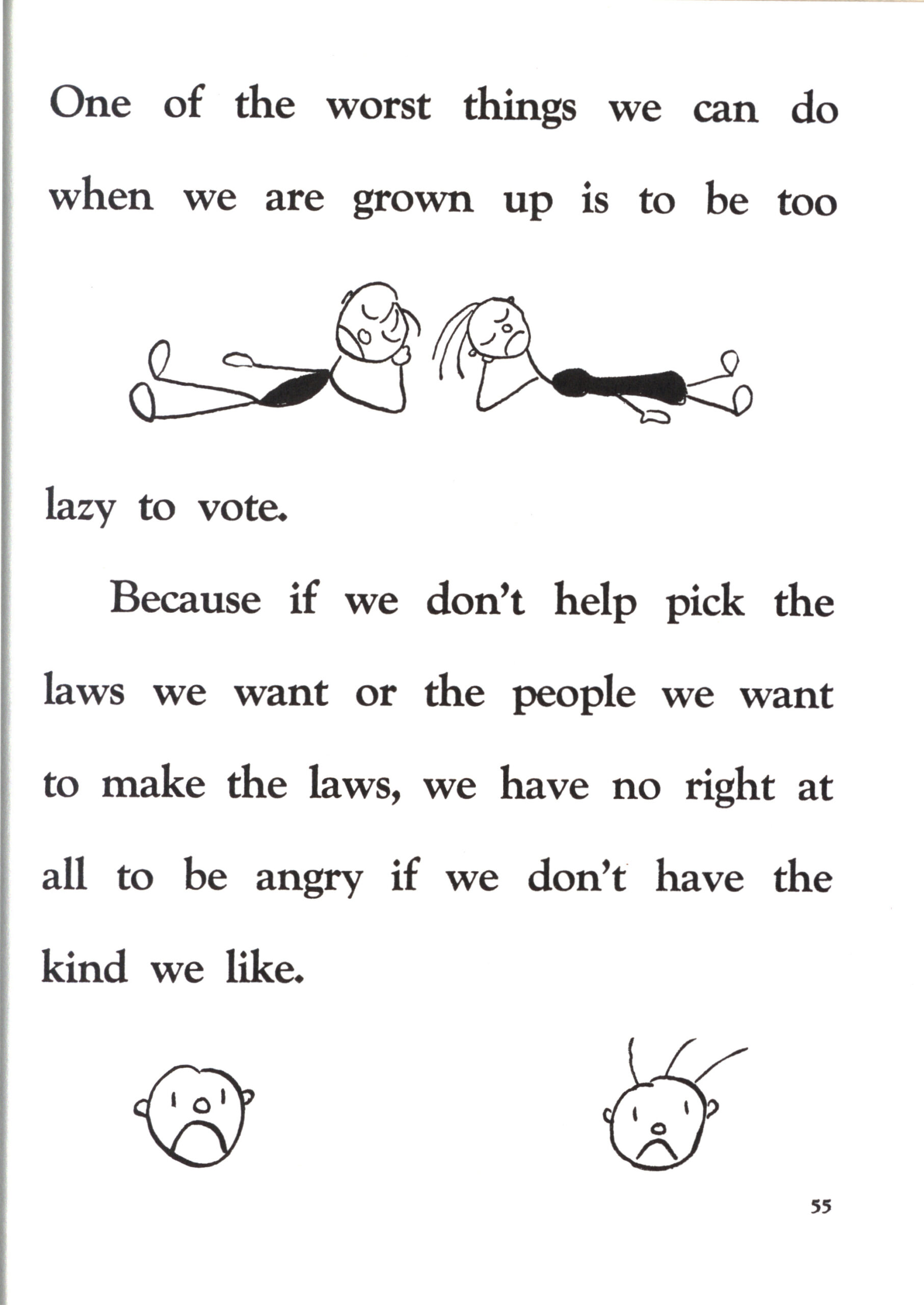“The Stakes are too High for Government to be a Spectator Sport”
Did you learn about the structure of the U.S. government in school? Civics education is a vital part of a democratic nation.
What is civic education or civic responsibility?
“The success of our democracy and society depends on civic education. It equips us with the knowledge, skills, and values necessary to become informed citizens actively participating in our democratic process... It encourages citizens to become engaged with their local community, helps them understand the power of their decisions, and equips them with the tools to make a difference in their society... Finally, civic education enables citizens to understand their rights and responsibilities as members of a democratic society. With this knowledge, they are more likely to hold their government accountable for its actions and strive to create a more equitable society. By encouraging civic engagement, citizens can work together to ensure that their country’s values are upheld.” - "Civics for Life," Sandra Day O'Connor Institute
Although the structure of government is complex and confusing, the checks and balances that are in place help keep our systems running. You, as a voter, are an essential part of this process. By electing representatives that match your values, you are ensuring that person is speaking for you during the governing process and is creating policy and laws that reflect the society you want to live in. If you don’t like the decisions of your representative, you can tell them so and/or vote them out of office during the next election cycle. It is important to remain aware of what your government is doing because the policies and services that the government creates directly impact your life.
Constitutions, state laws, and local charters are all different mechanisms establishing governmental structures, outlining eligibility to serve in public office, and defining rules around elections.
Seven of the twenty-seven amendments have affected U.S. elections.
This diagram explains the law-making process for Delaware. Though not pictured, the federal law-making process operates in a similar way.
This volume is a compilation of all enacted Delaware laws as of 1852. Periodically, updated compendiums are produced as new laws are enacted and old ones are amended or repealed by the General Assembly.
Throughout American history, there has been an attempt to educate the citizenry about government and civic responsibility. Displayed here are two nineteenth century guides which strived to do just that.
Emerson, in his introduction to The Political Class Book, expressed his hope that this guide, which documented both the history of democratic government in the United States and the ways the various state governments were arranged, would be a useful tool for students to understand their role as citizens.
In a similar fashion, Mann's Handbook for American Citizens was written to be a "weapon" for the average citizen to "have power... to do his part intelligently in upholding the institutions whose establishment has cost so much, and on whose permanence the happiness of mankind may depend" (Mann, Preface).
A century later, this excerpt from the 1995 Social Studies curriculum for Delaware shows the continued effort of the American education system to educate students on civics. Included here is one of the civic education standards for high school students and a possible activity for teachers to do with their students during an election year.
Everyone, even small children, need to learn the importance of voting and why being an engaged and civically minded citizen, is crucial for our future.
Additional Resources:

